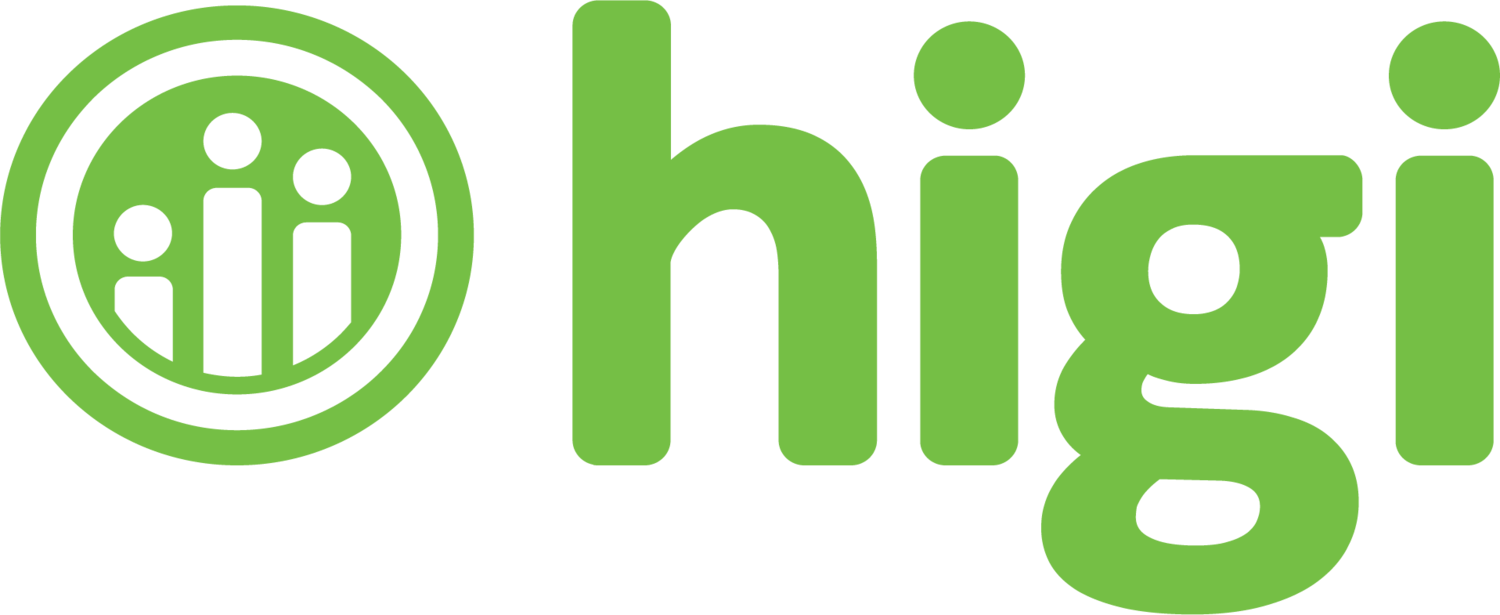Health within reach
We understand that being healthy starts with access – access to medicine and health care, access to healthy foods and access to stable housing and safe spaces to learn, work and play.
Our Health Within Reach program’s goal is to help you get access to what you need to be healthy. When you join, we’ll link you to resources that can connect you to free and low-cost social support services available where you live. These resources include services to help you navigate health insurance, locate stable housing, get access to food, find transportation assistance and so much more. Below, we’ll explore some of these common issues and some of the resources available to help you.
Health Insurance
In 2017, 8.8% of Americans did not have health insurance at any point during the year.1
Health insurance helps you pay for your health care expenses. Some of us are insured through our employers, while others get insurance through government programs. Some of us don’t have health insurance coverage at all.1
If you don’t have health insurance or need help understanding how to use it, Aunt Bertha can help you with figuring out how to pay for your health care needs.
Housing Instability
More than 38 million US households spend about a third of their income on housing, leaving less money for food and health care.2
Housing instability can mean different things. It can be having trouble paying rent, living in overcrowded spaces, needing to live with relatives, or having to move frequently. All of these can affect your physical and mental health.2
If you don't have stable housing, Aunt Bertha can help you find temporary shelter, longer term housing, or pay for maintenance and repairs.
Food Insecurity
In 2018, about 1 in 9 Americans were food insecure. This amounts to over 37 million people, including 11 million children.3
Living with food insecurity means not consistently having access to the food you need to live an active and healthy life.3 If you live in a household where there is not enough food, you aren’t alone. Aunt Bertha can connect you to food pantries, food deliveries, information about government food benefits and more.
1 Health Insurance Coverage in the United States. The United States Census Bureau. 2 The State of the Nation’s Housing 2018. Joint Center for Housing Studies of Harvard University. 3 What Is Food Insecurity. Feeding America.

Get connected with Higi
Did you know you can make some simple changes to help prevent high blood pressure?
90% of Americans eat too much sodium
read nutrition labels and lower your sodium intake by avoiding processed restaurant foods
Choose healthful meals and snacks that include fresh fruit and vegetables and avoid foods high in salt.
QUIT SMOKING
or don’t start - call 1.800.QUIT.NOW or visit Smokefree.gov
Cigarette smoking raises your blood pressure and puts you at a higher risk for heart attack and stroke. If you do smoke, talk to your health care provider for help.
Check your blood pressure regularly
at home, the doctor’s office
or your local pharmacy
Make sure that you have your blood pressure measured regularly. High blood pressure often occurs with no symptoms, so only blood pressure readings will tell you if your blood pressure is on the rise. Stop at the Higi Station to learn more about your health numbers.
Get active and maintain a healthy weight
Aim for 2.5 hours of
moderate activity per week
Examples of aerobic exercise you may try to lower blood pressure include walking, jogging, cycling, swimming or dancing. See how well you’re doing by checking your body mass index (BMI) at a Higi Station.
Adults should limit alcohol to:
1 drink per day for women
2 drinks per day for men
Excessive alcohol use can lead to an increased risk of health problems. For more information visit the CDC.



